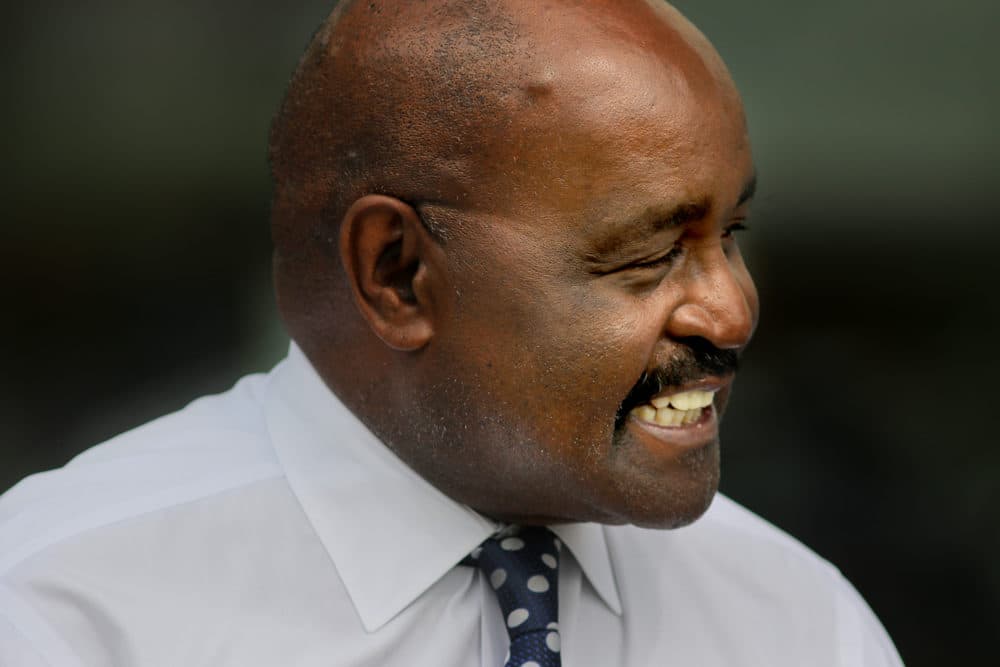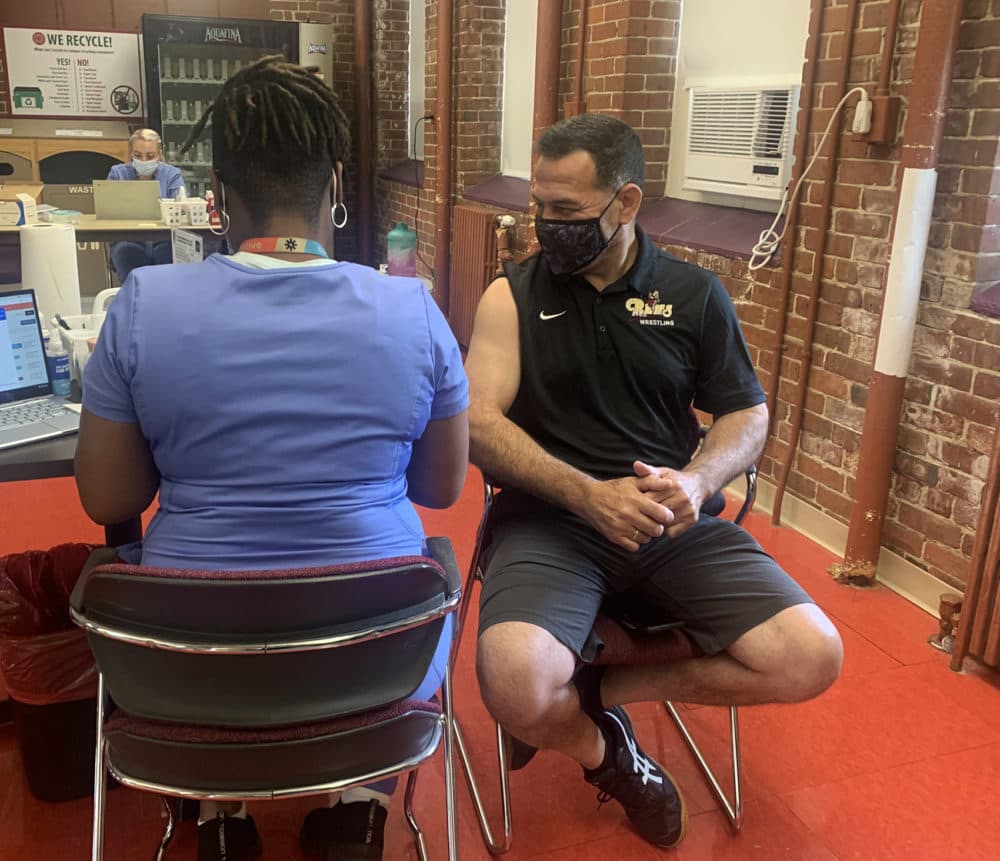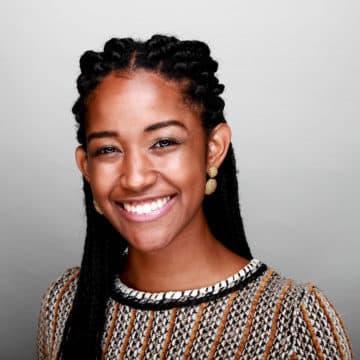Advertisement
Coronavirus Coverage
Springfield COVID Vaccine Rate Remains Stubbornly Low As Delta Variant Spreads
ResumeAs Massachusetts sees an uptick in coronavirus cases due to the highly-contagious delta variant, some areas are struggling to get more folks vaccinated.
One of them is Hampden County in western Massachusetts, where a little over half of residents have received at least one dose of a coronavirus vaccine. That’s compared to more than 70% of residents statewide, according to the state Department of Public Health.
In Springfield, the largest city in Hampden County, the vaccination rate among Black and Latino residents is even lower.
“As you know, or might not know, Springfield is trending in the wrong direction, badly," says state Rep. Bud Williams, whose district covers part of Springfield.
Black and Latino communities combined make up about two-thirds of the city’s population, but only 38% of Black residents have received at least one dose and just 33% of Hispanics have gotten a shot.
Williams has been trying to change that through his role on the city’s Black COVID-19 Coalition — a group he helped organize in April 2020. The coalition's original mission focused on handing out food and masks to those in need in Springfield. It evolved into providing testing, and finally, vaccines.
'So Much Mistrust That’s Been There'
At a vaccine clinic at Springfield Technical Community College (STCC) on July 22, the number of people getting vaccinated in the late morning hours could be counted on one hand.
"[At] some of these sites, we're [vaccinating] 15 to 20 people, which is great — that’s huge," Williams said. "You might not think [that's a lot], compared to [the] 1,800 we used to do on a given day."

The coalition has offered incentives like gift cards to try to bring in more people. Its members have also held community vaccination events, like barbecues and fish fries on Father’s Day and Juneteenth.
Williams says a lack of access is just one of many reasons people aren’t getting shots. He explains that widespread misinformation, or thinking COVID just isn’t that big of a deal anymore, are among the issues. High on the list, he adds, is a deep distrust of the government and the medical establishment.
“The pandemic has really magnified something we have lived with for years and centuries," he said. "We just lived with it. And now, trying to correct it, it’s very difficult because there’s so much mistrust that’s been there. It’s there, and it’s real.”

At the STCC event, the coalition tallies fewer than 10 shots in arms total.
One of those arms belonged to Alberto Nieves. He says his daughter is preparing to re-enter her high school's classrooms after a remote school year, and that she's been concerned about the delta variant's spread and feels it's a lot safer to get the vaccine. He says she convinced him to get vaccinated, too.
“I was always on the fence, but yeah, it makes sense to get it," he says, "because she’s gonna be around high school kids and she doesn’t wanna spread it to me. So I figured we’d both come together and get it."
Like others in his city, he says his hesitancy is rooted in a wariness about the government's influence on health matters.
“Too much politics and medicine mixing together is not a good idea," he says. "That’s how I feel about it, just my opinion."
Some Say They're 'Just Waiting' For More Assurance
At Springfield's Barrows Park, children dash back and forth between the sprinklers on a splash pad. Rochelli Smith is there with her 2-year-old son, Caden, and says she's been thinking a lot about the vaccine, but doesn't feel ready to get it yet.
"I’m just waiting to be honest," Smith said. "No one has really had the vaccine for a year yet, so you don’t really know what happens after a year. So, I’m just waiting. It’s the first vaccine everyone got. I’m not sure if, like, later on in life they’re gonna have a second round of vaccine that could be a little more improved."
For now, Smith says she’s staying masked up when it feels appropriate.
Also in the park is Wendi Martinez, a home-health aide, who says her 11-year-old daughter has asthma, and she won’t be comfortable getting the shot until her daughter can, too.
“My kids — who are under 12 — cannot get it," she said. "If it’s not good enough for her, it’s not good enough for me. ... I would love to get vaccinated, I would love to be able to hold my card up and say, 'Yep, I’m good.' But all I want is more research. I’m looking at 2022, January.”
Meanwhile, the delta variant's spread is heightening the sense of urgency for epidemiologists, who point to available data that clearly supports the efficacy and safety of the vaccines.
“The best treatment is prevention," says Dr. Sarah Haessler, hospital epidemiologist for Baystate Medical Center in Springfield. "The best prevention is vaccines. It’s truly the best way to try to end this pandemic.”
Editor's Note: An earlier version of this story aired on WBUR's Consider This podcast.
This segment aired on August 2, 2021.

